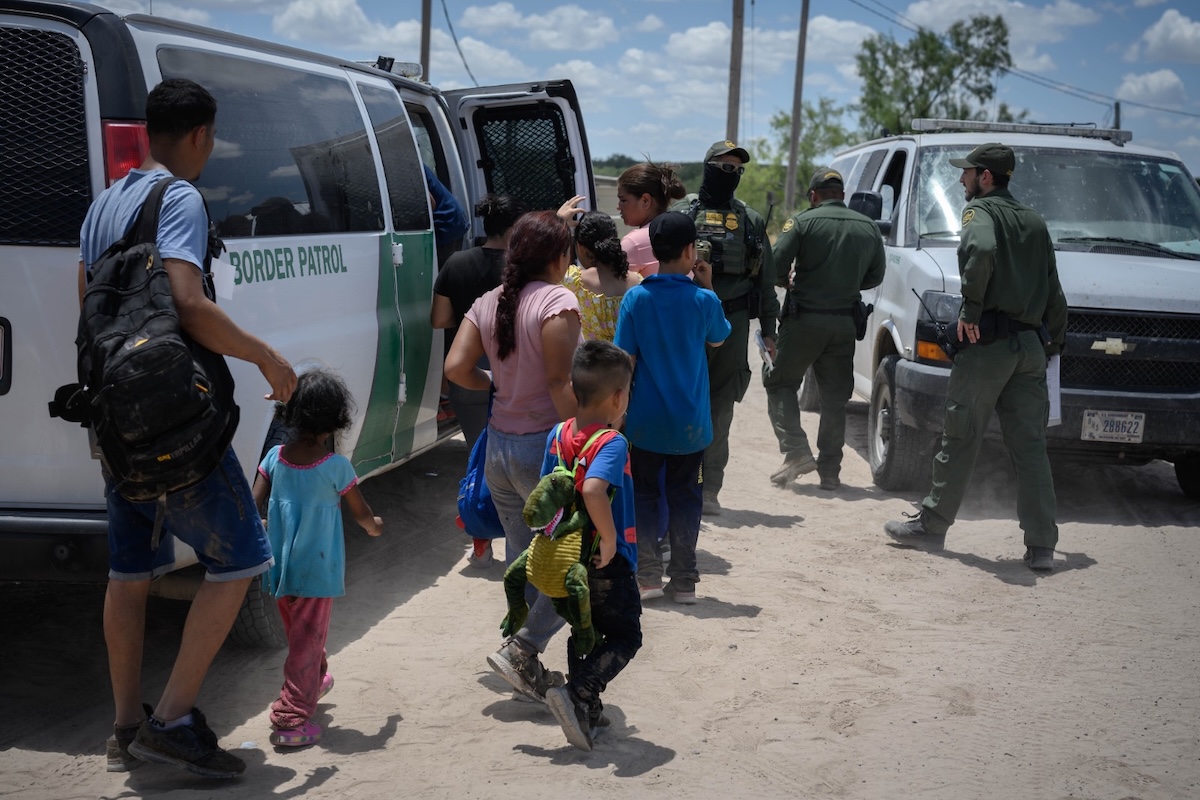NAPLES, Fla. – I often visit the Hispanic part of this city. I prefer this neighborhood; it’s more humane, more welcoming than the opulent beachfront mansions of American billionaires. I even have a monthly membership at a car wash here, where nearly everyone working is likely undocumented. They are incredibly kind, greeting me from afar, waving, and always offering their help.
Everyone feels like a friend.
On the first day of Trump’s presidency, I unsuspectingly drove to the car wash. The place offered free vacuuming, and the little shop on-site was usually bustling with life. But that day, everything was empty. A sense of deep sorrow hung in the air. I had a bad feeling.
A bored white kid stood at the car wash. I’d never seen him before, and he didn’t say hello. Had he replaced the workers who had been here before? I walked into the shop and asked, “Where is Jose?” The cashier, a young woman, lowered her eyes.
Jose was my friend. He knew my family, and I knew his—at least from photos. Jose came to America alone and sent money home, working toward the day when he could bring his family over.
The cashier finally broke the silence: “Jose is no longer here.” She knew we were friends, that we joked around a lot. He had always been there to help me. Now, he was gone. “What about the others?” I asked. “They’re gone too,” she replied.
I was speechless. Were people just disappearing?
They had simply left, she explained. If I’d known, I would’ve given Jose a little money as a token of friendship. But he didn’t even dare to take that risk. When he last shook my hand firmly, looking me in the eyes as he said goodbye, I should have known.
I stood there, stunned, feeling a profound emptiness and sorrow. They had taken my friends away, people who were a part of my life who now had to flee and hide in the “land of freedom.” This is what fascism feels like: neighbors disappearing, slipping away into the shadows.
I wonder what life will be like without the migrant community here. Everything will feel emptier, poorer. Will life truly be better without them? Did these people—who, as we say in Hungarian, “worked for dirt pay”—really disrupt the happiness of Americans?
And for the wealthy who fly here in their private jets like kings, surrounded by staff who cater to their every whim to ensure their golf clubs are perfectly aligned, who will mow their lawns in 110-degree heat? Who will tend to their gardens, work the fields? How many businesses will go under? How many Joses will vanish? Will there be raids even in Trump’s hotels?
These people have only ever contributed to America. They lived and worked here under the law of supply and demand. It’s not their fault the immigration system collapsed decades ago, leaving them no legal way to enter. But their work was invaluable; they enriched this country.
There are exactly as many undocumented workers in America as the economy needs. If they don’t work, they starve; there is no welfare for them to “leech off.”
And yet it is the height of irony that these migrants are forced to flee as Trump pardons 1,600 individuals convicted of storming of the US Capitol on Jan. 6, 2020, some of whom violently attacked police officers. Compared to them, what crime did Jose commit?
Still, the raids are coming. They will storm schools, terrifying children; they’ll invade churches, disregarding that these are houses of God, the refuge for the persecuted. This is blasphemy, and yet the heavens do not crack open.
At Trump’s post-inauguration prayer service, Episcopal Bishop Mariann Budde addressed the president directly, urging him to be merciful and compassionate to immigrants, strangers, and all those he has targeted. Her words, it seems, fell on deaf ears.
Jose and his peers took nothing from Americans. They were the ones exploited. If America were truly great, it would allow people like them to live and work here in peace, to legalize their status, and bring their families over. Hate isn’t great. Love is.
I don’t know where Jose is, but wherever he is, may God bless him. God hears the cries of people like him. America is losing so much, not just physically and financially but, most of all, morally. The sorrow that has settled over the car wash will spread across all of America. A country that chases its people into hiding cannot be a happy one.
Jose, wherever you are, know that there are good people here who love you. May God bless and keep you. Thank you for your kindness, your help, and your friendship.
My family is heartbroken, everyone is shocked by the news. We hope you’ll return someday.
Laszlo Bartus is owner and editor of Amerikai Nepszava, the nation’s oldest Hungarian-language newspaper based in New York City.




